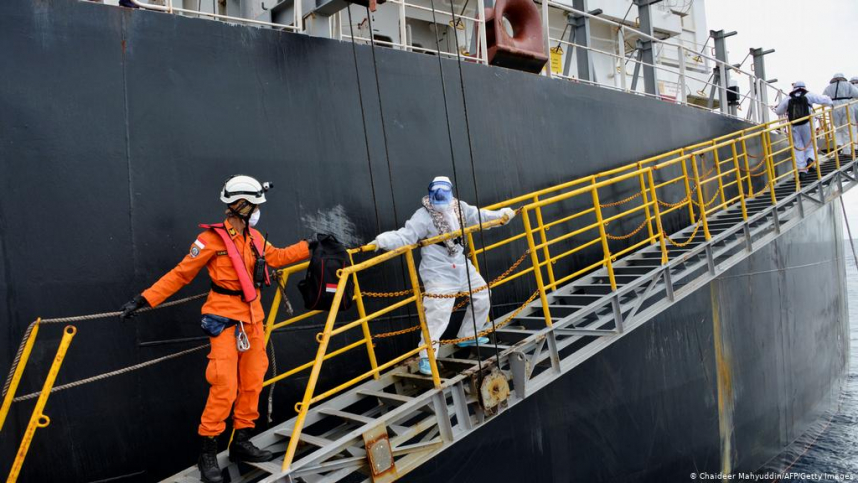
When sailors agree on a barge, they expect to return home where the contract they signed states. But the situation has changed a lot in the last year, with many crews having been recruited for 5 or 6 months but staying at sea for twice as long or even longer.
In some cases, ports in India, China, Hong Kong, and elsewhere do not allow the crew to change, and frustrated sailors are forced to stay on board, despite agreements they have made with their family waiting in vain for them back home.
Such situations cause mental and physical fatigue and the social isolation that the crews feel greatly burdens their mental health.
An estimated one hundred thousand seafarers are stranded at sea due to the pandemic, the International Chamber of Shipping said last week.
Crew rotations depend on complex logistics, including securing transit visas and arranging chartered flights to repatriate sailors when they disembark at an international port.
In order to maintain effective operations and safety, sailors are only allowed off a ship when a replacement can be brought on board.
Arranging for the right entry permits, and quarantine, and testing to take place during the short time when a ship is at the port can be daunting because of coronavirus restrictions.
As a result, crew rotations during the pandemic are often canceled at short notice, while regular shore leave, once a mainstay of life at sea, has also come to a halt.